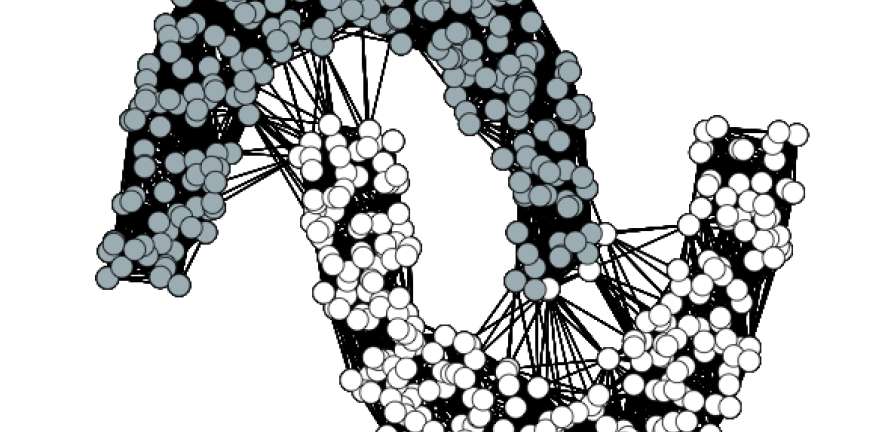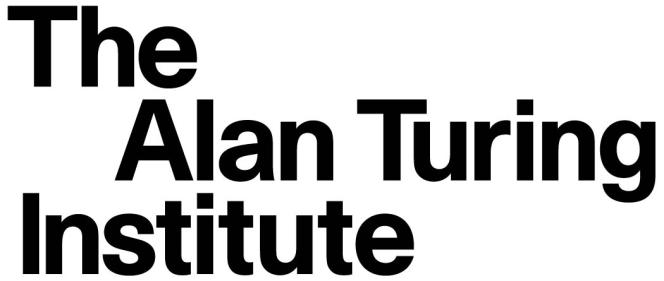
Background
This event was one of a number of scientific scoping workshops funded by the Alan Turing Institute. These workshops have helped to define the research programme at the Alan Turing Institute, whose mission is to undertake data science research at the intersection of computer science, mathematics, statistics and systems engineering. It aims to provide technically informed advice to policy makers and enable researchers from industry and academia to work together towards practical applications and solutions.
Partial differential equations (PDE) are equations involving functions and their derivatives - they have applications in the natural and social sciences, engineering, computer science and economics. Today they have found their way into the data sciences, in a variety of ways. PDE models are used directly, for example for data assimilation, image processing, image analysis, shape analysis, inverse problems, computer vision, and modelling complex phenomena such as crowd motion, opinion formation, and option pricing. PDE ideas also serve as an inspiration to formulate and solve data problems on graphs and networks, such as in the use of graph-discretised PDE for various classification and community detection problems, and in the application of Gamma-convergence to link graph and continuum variational classification models (which is crucial for analysing these models and for understanding their scalability). Aims and Objectives
This workshop brought together expert mathematicians and statisticians, working on nonlinear, nonlocal, and stochastic PDE models and on large, complex network problems, with industrial and academic data science users. By encouraging discussion among the participants in informal presentations and breakout sessions, it helped identify the most promising research directions combining PDE and data science.
Some of the key scientific questions addressed were:
- Identification of the most promising directions of novel PDE approaches in data science
- Which data science problems are appropriate for PDE techniques
- Which numerical PDE based approaches can lead to scalable algorithms that are applicable to very large data sets
- The use of model based PDE or variational inverse problems for dimension reduction (simplification!) of high dimensional data sets
- Pinpointing simple, analysable PDE models capable of describing complex data phenomena (e.g. pattern formation, aggregation, transport, drift, diffusion)
- Using stochastic PDEs to assimilate new data into existing nonlinear or nonlocal models
The workshop brought together industrial and academic experts from a diverse set of backgrounds. It explored the potential of PDEs in data science areas, such as data assimilation, data analytics and topological data analysis. This event will be of particular interest to those from the following identified application areas.
- Healthcare industries including medical, biotechnology
- Retail/consumer and business analytics
- Energy and manufacturing
- Government/public sector
- Transport
- Financial
- Gaming industry
Registration and Venue
Registration was open to researchers and industry representatives from relevant/related fields.
The workshop took place at the Centre for Mathematical Sciences in Cambridge. Please see the website for further information about the venue.


